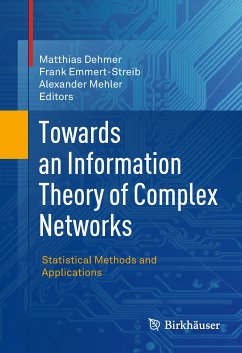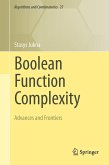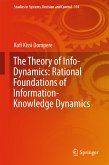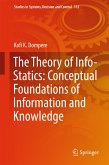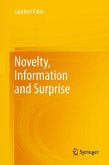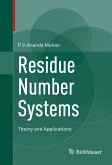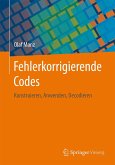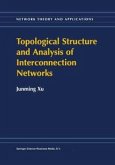This volume is the first to present a self-contained, comprehensive overview of information-theoretic models of complex networks with an emphasis on applications. It begins with four chapters developing the most significant formal-theoretical issues of network modeling, but the majority of the book is devoted to combining theoretical results with an empirical analysis of real networks. Specific topics include:
- chemical graph theory
- ecosystem interaction dynamics
- social ontologies
- language networks
- software systems
This work marks a first step toward establishing advanced statistical information theory as a unified theoretical basis of complex networks for all scientific disciplines. As such, it can serve as a valuable resource for a diverse audience of advanced students and professional scientists. It is primarily intended as a reference for research, but could also be a useful supplemental graduate text in courses related to information science, graph theory, machine learning, and computational biology, among others.
Dieser Download kann aus rechtlichen Gründen nur mit Rechnungsadresse in A, B, BG, CY, CZ, D, DK, EW, E, FIN, F, GR, HR, H, IRL, I, LT, L, LR, M, NL, PL, P, R, S, SLO, SK ausgeliefert werden.
Hinweis: Dieser Artikel kann nur an eine deutsche Lieferadresse ausgeliefert werden.

